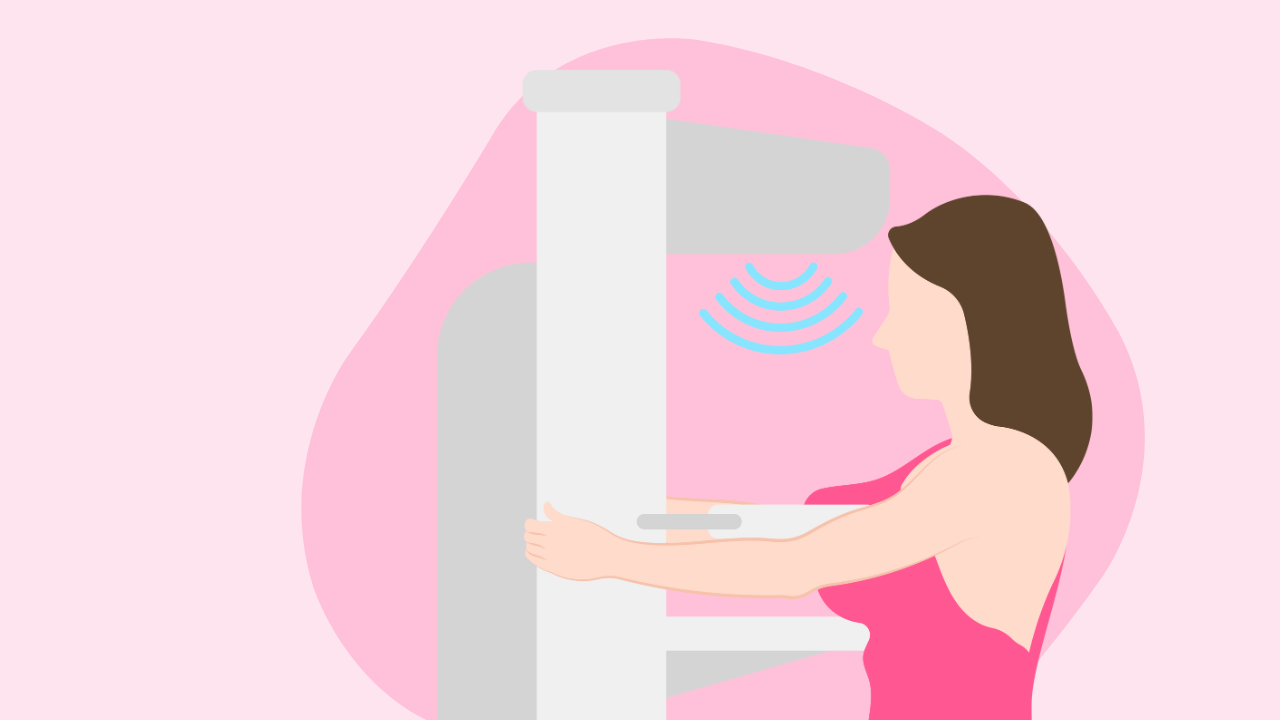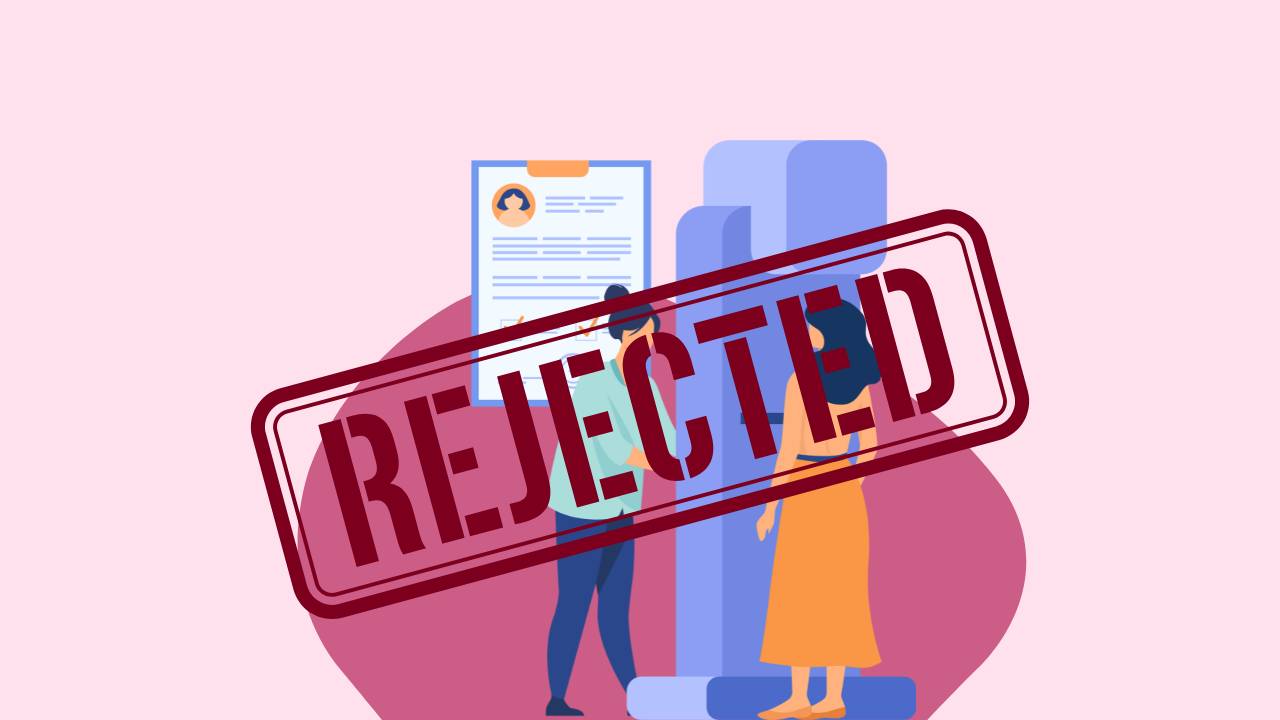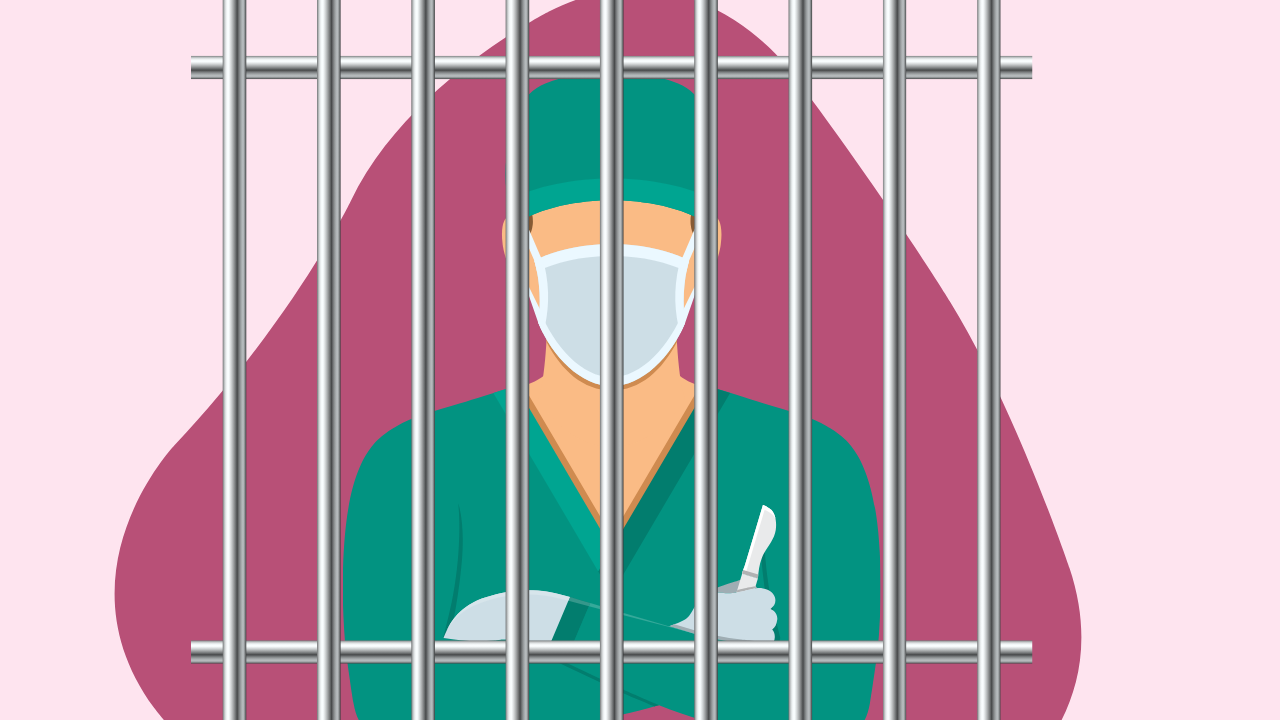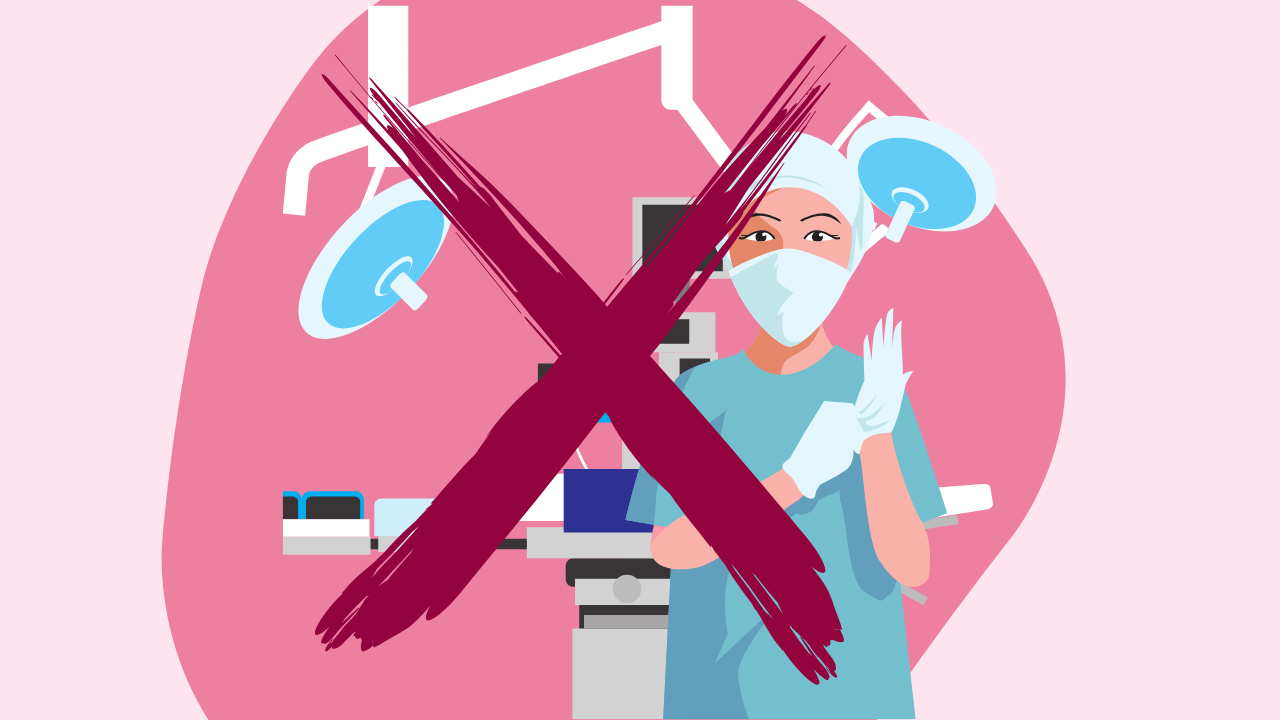Iowa House Advances Bill to Eliminate Copays for Breast Cancer Screenings

Iowa lawmakers are working to make breast cancer screenings more accessible. The Iowa House has unanimously passed House File 318, which would eliminate copays and other out-of-pocket costs for supplemental and diagnostic breast exams. The bill now moves to the Senate for consideration.
Removing Financial Barriers to Early Detection
Under current law, routine screening mammograms are covered without cost-sharing, but follow-up imaging like diagnostic mammograms and MRIs often come with significant out-of-pocket costs. According to The Gazette, patients can pay an average of 234 dollars for a diagnostic mammogram and as much as 1,000 dollars for a breast MRI. Advocates say these expenses discourage people from getting the additional imaging they need, leading to delayed diagnoses and worse outcomes.
Jackie Cale, a representative for the Cancer Action Network, told lawmakers that eliminating these costs could save lives by ensuring earlier detection, when treatment is more effective.
Iowa’s Rising Cancer Rates
According to the Iowa Cancer Registry, Iowa has the second-highest cancer rate in the country and has seen a steady increase in new cancer cases in recent years. The state’s overall cancer incidence rate has climbed in each of the last three five-year reporting periods.
Concerns from Insurers
While the bill has strong bipartisan support, some insurance groups have raised concerns about the financial impact. According to the Federation of Iowa Insurers, removing cost-sharing does not reduce the actual cost of care, which could lead to higher premiums for policyholders. A fiscal analysis estimates that the bill could cost state insurance plans between 443,000 dollars and 1.4 million dollars per year.
What’s Next
The bill now heads to the Iowa Senate, where lawmakers will debate whether to follow the lead of 27 other states that have passed similar laws eliminating copays for breast cancer imaging. Supporters argue that removing these financial barriers will encourage earlier detection and save lives, while critics warn of potential cost increases across the healthcare system.
If passed, House File 318 could change the landscape for thousands of Iowans who face tough financial decisions when it comes to breast cancer screening and early detection.





